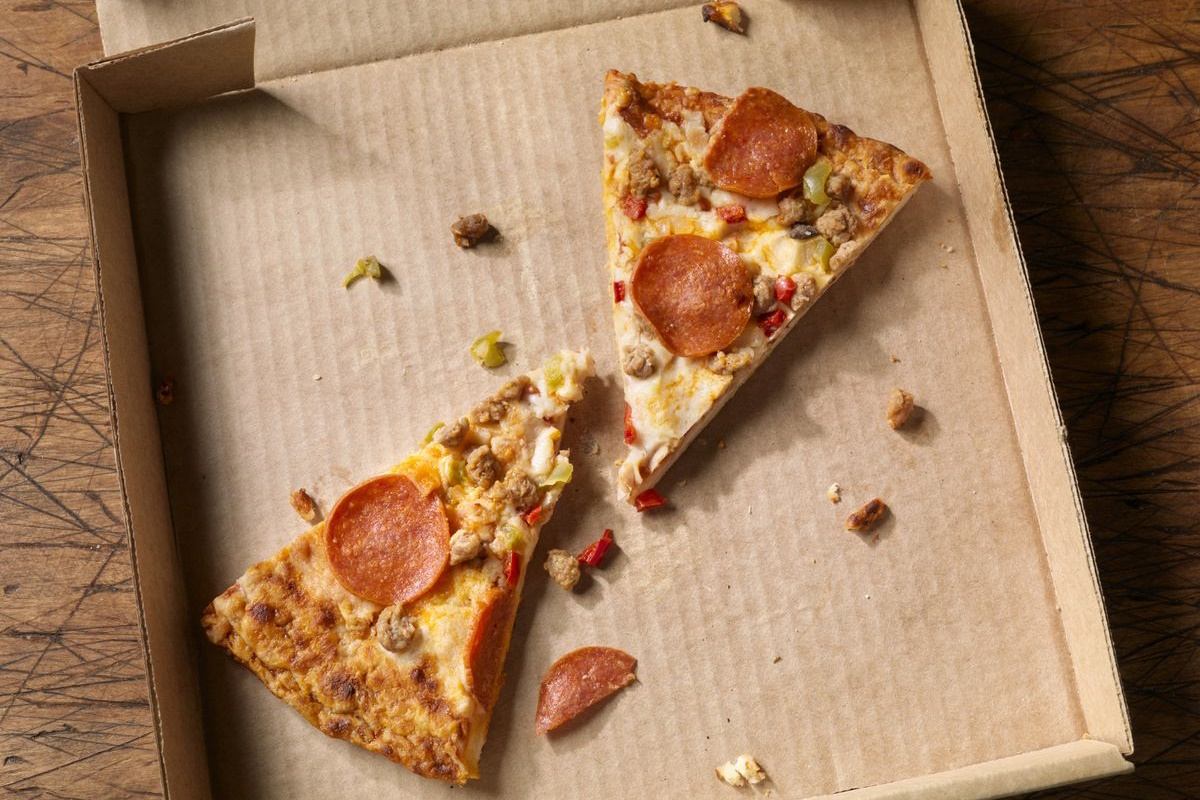
A story of fairness
Hungry and tired after a long day at work, Sarah, a single mom, picks up a pizza for her family’s dinner. When she arrives home, her two kids are also quite hungry and are excited to see that she brought an extra-large pizza! They sit down and dig in, each eating two slices apiece quickly. There are two slices left and they start arguing over who should eat them. The youngest at 8 years old is always paying attention to fairness and says they should cut the pieces into smaller bits and all share evenly. His 15-year-old brother claims that he’s always hungry and never gets enough to eat; he thinks he should have the rest of the pizza because he’s bigger than his younger brother and besides, Sarah is supposed to be on a diet. After that comment, Sarah says, “look I work hard and bought this pizza for all of us, I think I deserve a fair share also”.
So, who is right?
- Should a pizza be distributed evenly to all regardless of body size?
- Should the one with the highest metabolism get more to eat?
- Or should the purchaser of the pizza have the say over who gets what?
There is no objective, clearcut way to create a fair deal
Fairness is a feeling, not a fact; it’s a perception. The feeling of fairness is based on one’s own viewpoint, values, needs and interest. Even if it is completely subjective, we will experience our version of fairness as the ‘right’ way. We often judge others’ version of fairness as wrong.
It can be hard work to see what feels fair to another person since it will be different from our own view, and we think we’re right. It will be even more difficult to consider their view of fairness if it’s quite far from our own view.
What does this say about fairness on other topics?
The story and views above were about pizza. What if you made that about the world’s supply of food instead? Or money? Tax cuts?
People with more privilege (like the family breadwinner) might feel like they deserve more because of their relative position.
The person who is the most in need (presumably the teenager who is growing like a prolific bamboo plant), might deserve a bigger portion.
The one who is monitoring fairness might insist on “millimetre justice” or precise equality (rather than equity) for all.
Knowing what’s “right” is impossible.
We all have an innate need to be fair. It is rooted in our brain’s wiring, triggering satisfaction when met and stress when violated.
When we feel that something is unfair, our brain and body generate feelings of revenge which can become quite powerful (and can even lead to family feuds or war between lands).
When you experience something as unfair, you could set that aside for a bit until your nervous system has calmed down and think about it again – you might just see there was nothing there other than a difference in opinion.
You can also see this post, Overcoming the impossibility of fairness to get some other ideas for how to handle feelings of unfairness that arise as you go about your work and life.
Coaches Going Corporate

It can be helpful to introduce your clients to some of our brains’ chemistry and programming, so they understand where their powerful reactions, needs and preferences come from. Coaches Going Corporate. teaches the basics of neuroscience which you can sprinkle into your coaching to great effect.
more info